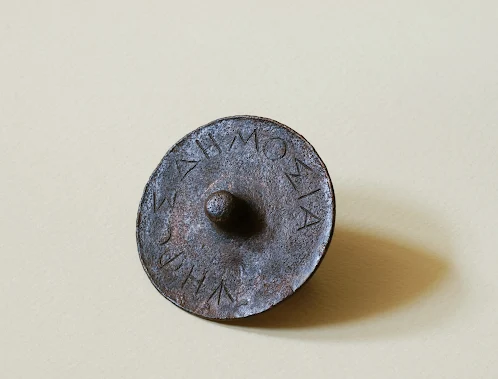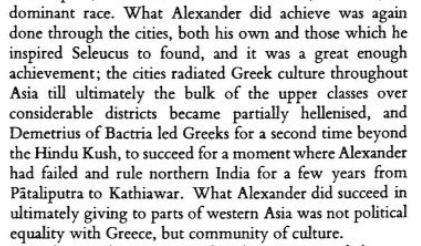The
Greeks:From Agamemnon to Alexander the Great
Η έκθεση «Οι Έλληνες:Από τον Αγαμέμνονα στον Μέγα Αλέξανδρο» εγκαινιάζεται στις 19 Δεκεμβρίου 2023 στον πρώτο της σταθμό, το Hunan Museum στην πόλη Τσανγκσά, ξεκινώντας έτσι το μεγάλο ταξίδι της στην Κίνα. Το Hunan Museum, ένα από τα σημαντικά μουσεία της χώρας προσελκύει περισσότερους από τέσσερα εκατομμύρια επισκέπτες ετησίως.
Η έκθεση περιέχει περισσότερα από εκατόν εβδομήντα (170) εκθέματα, τεχνουργήματα της αρχαίας ελληνικής γλυπτικής, ζωγραφικής και κοσμηματοτεχνίας, που προέρχονται από 14 ελληνικά μουσεία και συλλογές. Μετά την παρουσίασή της στο Hunan Museum (18 Δεκεμβρίου 2023 έως 18 Μαΐου 2024) θα ταξιδέψει στο Nanjing Museum στην Nanjing (Iούνιος έως Νοέμβριος 2024), ενώ θα ακολουθήσει το Capital Museum στο Πεκίνο (Δεκέμβριος 2024 έως Μάιος 2025).
Η Υπουργός Πολιτισμού Λίνα Μενδώνη, έκανε την ακόλουθη
δήλωση:
«Είναι χαρά μας, ότι η έκθεση «Οι Έλληνες:Από τον
Αγαμέμνονα στον Μέγα Αλέξανδρο», ανοίγει τις πύλες της στο Μουσείο Χουνάν της
Τσανγκσά στην Κίνα.
Είναι ένα πολύτιμο ταξίδι στον ελληνικό κόσμο. Ξεκινά από το
6000 π.Χ περίπου και ξεδιπλώνεται μέχρι τον 2ο αιώνα π.Χ., από την προϊστορική
εποχή μέχρι τα ελληνιστικά χρόνια. Δεν πρόκειται για απλή παράθεση εκθεμάτων
από την κάθε περίοδο αλλά καταδεικνύει την ουσιαστική συνοχή των περιόδων
μεταξύ τους και των μνημείων που αυτές κατέλιπαν.
Η παρουσίαση της έκθεσης στην Κίνα, σε έναν λαό με έναν από τους αρχαιότερους πολιτισμούς
επισημαίνει τη σύσφιγξη, την εμβάθυνση και τη συνεργασία των σχέσεων των δύο
χωρών στο πεδίο του πολιτισμού. Όπως δήλωσα στην πρόσφατη επίσκεψή μου στην
Κίνα, “η γνώση του αρχαίου κόσμου και η ευαισθητοποίηση των λαών μας συνιστά το
μεγαλύτερο όπλο για την αντιμετώπιση των σύγχρονων προκλήσεων. Οι αρχαίες παραδόσεις
μας μπορούν να αποτελέσουν έμπνευση για την ανανέωση, με σύγχρονους τρόπους,
της πολιτιστικής και δημιουργικής βιομηχανίας”.
Ο ελληνικός πολιτισμός συνεγείρει και εμπνέει και τη Δύση
και την Ανατολή».






















































